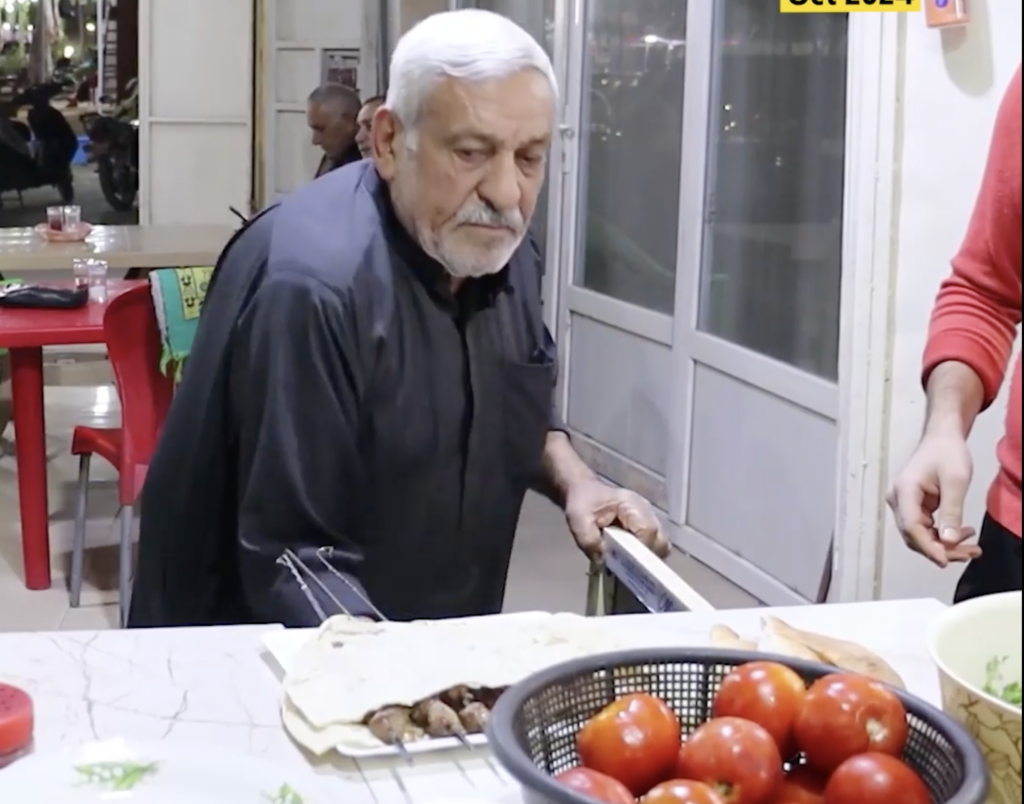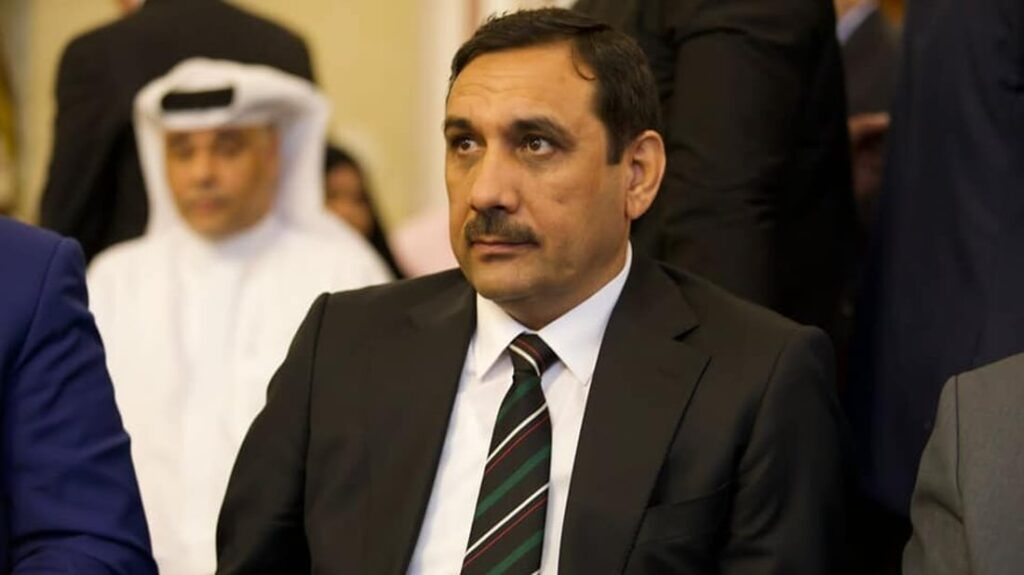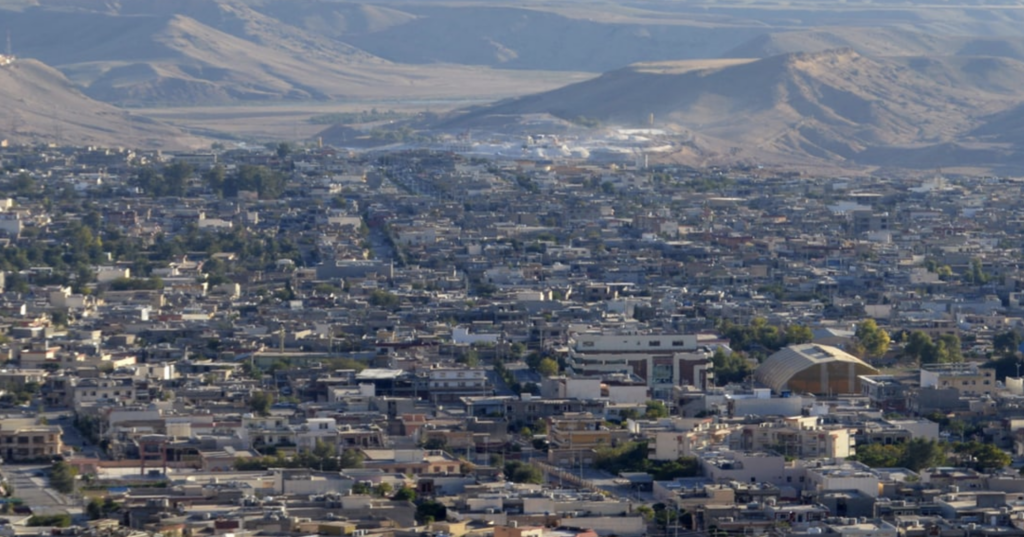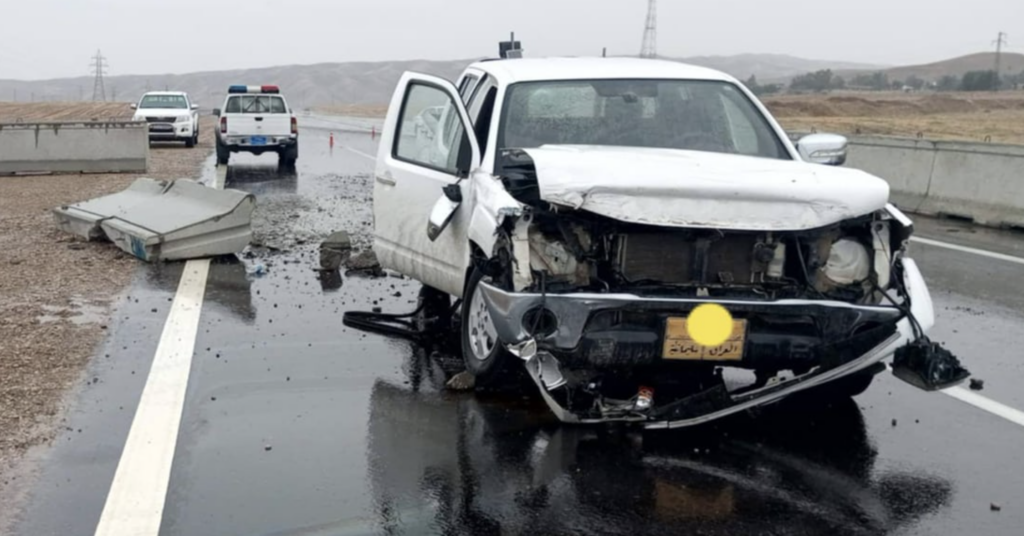Iraqi rejects Trump plan to watch Iran

Iraqi President Barham Salih on Monday rejected a plan floated by President Donald Trump that calls for keeping U.S. forces in Iraq to "watch" neighboring Iran, saying the United States should not burden Iraq with its own "policy priorities."
Trump's comments on Sunday have added to mounting concerns among both opponents and supporters of an American troop presence in Iraq. Their fear is that the White House sees the country as a launch point to enforce Washington's political goals in the region, rather than as a place to help Baghdad fight a persistent threat from the Islamic State.
After Trump made an unannounced visit to an air base in western Iraq in December, some Iraqi lawmakers pledged to draft a bill calling for the expulsion of American forces altogether, while others called for revising an agreement to significantly draw down the about 5,200 American troops in the country.
On Monday, several Iraqi officials and politicians said the effort to expel the U.S. forces is gaining momentum after Trump's comments during a CBS interview.
Speaking at a forum in Baghdad on Monday, Salih said Washington has never sought permission to use Iraq-based forces to monitor Iran and expressed surprise at the idea.
"We will not allow this," he said, adding that American forces are in Iraq only to assist in the fight against terrorism. "Iraq does not want to be a party or axis to any conflict between multiple countries."
Salih also said it is in Iraq's "fundamental interest to develop good relations with our neighbors, including Iran." Shiite-led Iran has strongly backed fellow Shiites who assumed power in Iraq after the 2003 U.S.-led invasion deposed a regime headed by minority Sunni Muslims under dictator Saddam Hussein.
During a discussion of his administration's plans to withdraw troops from Syria and reduce America's military presence in Afghanistan, Trump said in a CBS interview on Sunday that the United States has "spent a fortune" building an "incredible" military base in Iraq.
"We might as well keep it. And one of the reasons I want to keep it is because I want to be looking a little bit at Iran, because Iran is a real problem," he said.
Asked if he intended to use the base to strike Iran, Trump said it would be used only to "watch."
He appeared to be referring to al-Asad Air Base in western Iraq, where the majority of the American troops in the country are located and where Trump made his visit the day after Christmas.
While speaking to troops there, Trump said the United States could use the base to re-enter Syria to beat back any Islamic State resurgence and to "watch over Iran."
During his roughly three-hour visit, his first to troops in a combat zone, Trump broke tradition set by previous U.S. presidents by not meeting with Iraqi leaders.
Iraq's government has been struggling to balance its relationships with Iran and the United States, its two biggest allies, as tensions between Tehran and Washington have risen under Trump's administration.
The United States has pressured Iraq to wean itself off Iranian natural gas, which generates nearly half of Iraq's electricity, with promises of U.S. investment in the country's crumbling infrastructure. Meanwhile, as renewed American sanctions on Iran begin to bite, Tehran will rely more heavily on Iraq for trade.
Trump's latest statements further dismayed even strong supporters of an active American presence in the country.
Haider al-Abadi, who failed to win a second term as Iraq's prime minister despite heavy backing by the United States, said Trump's statements on Sunday could throw relations between Baghdad and Washington into an "unexpected crisis."
"Talking about U.S. military bases in Iraq for the purposes of confrontation complicates the relationship with neighboring countries," he said in a statement, adding that it also undermines Iraq's independence.
For opponents of American influence in Iraq, Trump's comments were confirmation of their belief that the United States seeks to use the country to pursue policies aimed at further isolating Iran.
Pro-Iran politicians with strong Shiite militia backing have pledged to push out U.S. forces through legislation passed by Iraq's parliament, but they have increasingly expressed a willingness for armed confrontation.
Qais al-Khazali, the leader of Asaib Ahl al-Haq, an Iran-backed militia that has secured seats in parliament, said Monday that Iraqis can use the legislature to enforce a reduction of American forces or use the militias to do the job.
"Iraq has forces ... that can remove American forces from Iraq -- whether they be 5,000, 7,000 or even 9,000 soldiers -- in one dark night," Khazali said.
A Section on 02/05/2019




